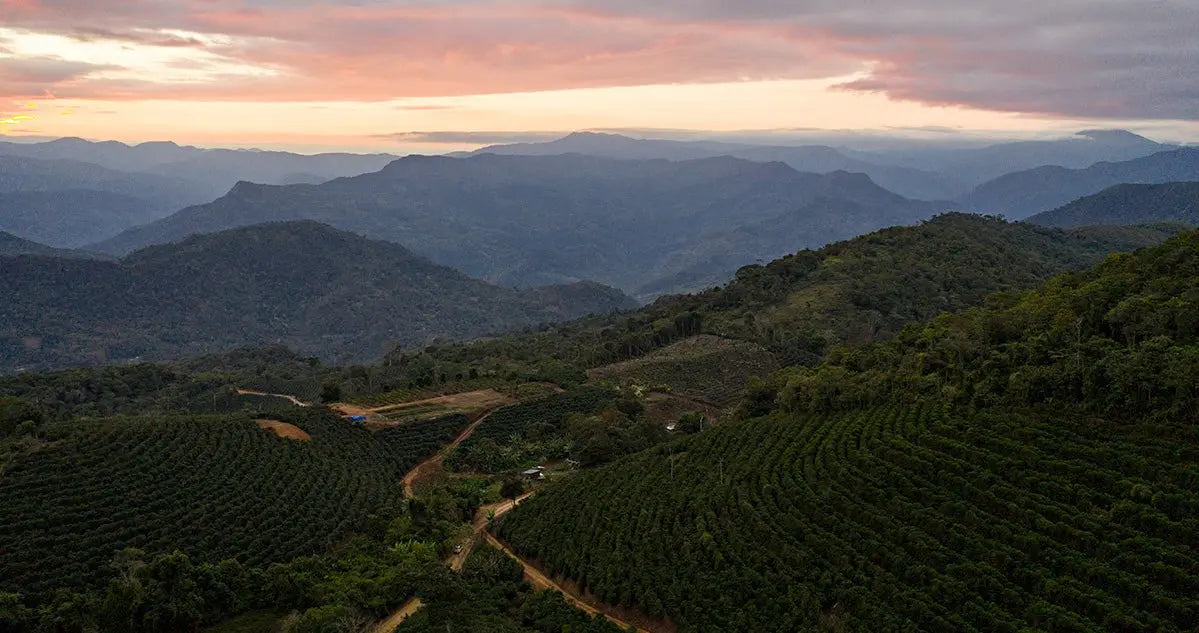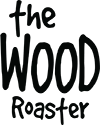
Bolivia coffee beans are a rising star in the global coffee scene, gaining well-deserved recognition for its high-quality coffee beans. The unique combination of Bolivia's diverse geography, optimal climate, and cultivation methods results in outstanding coffee beans that are capturing the attention of coffee connoisseurs worldwide.
Diverse Geography and Optimal Coffee Growing Conditions
Bolivia's coffee plantations benefit from a diverse geography, encompassing high-altitude regions in the Andes Mountains, the Yungas valleys, and the tropical lowlands of the Amazon basin. These varying altitudes and microclimates provide the perfect conditions for growing coffee, allowing farmers to produce beans with distinct flavors and characteristics.
In the Yungas valleys, coffee is cultivated at altitudes ranging from 1,000 to 2,000 meters above sea level. The altitude, combined with Bolivia's position near the equator, ensures a steady year-round growth cycle for coffee trees. This gradual development results in beans that are dense, flavorful, and well-rounded.
Flavour Profile and Unique Characteristics
Bolivian coffee is renowned for its exceptional flavour profile, often featuring bright acidity, a medium body, and a sweet, fruity taste. The beans are known for their subtle, nuanced flavors, with notes of citrus, caramel, chocolate, and a delightful floral aroma. The combination of climate, altitude, and soil in Bolivia results in a cup of coffee that stands out in the crowded world of coffee flavours.
The commonly used natural processing method takes center stage, imparting a distinct and remarkable flavor profile to the coffee beans. Unlike the washed processing method, which involves removing the pulp from the beans before drying, the natural process keeps the coffee cherries intact during drying.
Sustainable and Organic Farming Practices
Bolivia has a growing commitment to sustainable and organic farming practices. Many coffee farms in Bolivia emphasise environmentally friendly methods, avoiding the use of synthetic pesticides and fertilizers. The country's emphasis on sustainable farming is not only good for the environment but also ensures that the coffee produced is of the highest quality.
Moreover, Bolivian coffee farmers often employ traditional and manual farming techniques. These methods prioritise quality over quantity, ensuring that each coffee cherry is meticulously harvested by hand when it's perfectly ripe, contributing to the exceptional taste and quality of the beans.
Fair Trade and Direct Trade Opportunities
Bolivia's coffee industry offers ample opportunities for fair trade and direct trade relationships. Establishing direct relationships with farmers, coffee roasters can ensure fair compensation for their hard work and maintain a transparent and sustainable supply chain. This direct connection also allows roasters to select the best beans and collaborate with farmers to improve cultivation practices, resulting in a mutually beneficial partnership.
Try our Bolivia Coffee Beans

Bolivia coffee beans have swiftly emerged as a quality source! The flavors and characteristics of Bolivian coffee beans make them a hidden gem for coffee enthusiasts seeking something distinct and memorable.
A rare Geisha coffee from Uluri Farm in the captivating Los Yungas/Caranavi region. This Geisha showcases one of the finest harvests in the region and empowers neighboring growers to realise the potential of their land and harvest. Handpicked and dry anaerobically fermented for 120 hours, the beans are carefully dried on raised beds until reaching optimal moisture content. The result is a unique, bright flavor profile that delights every cup.
Taste the floral notes of jasmine flowers, accompanied by refreshing honeydew melon and the tangy flavours of kiwifruit. Experience hints of apricot and ripe peach with the subtle undertones of black tea and finally, a touch of sweet honey.
Dive into the undiscovered world of Bolivia coffee beans today!

